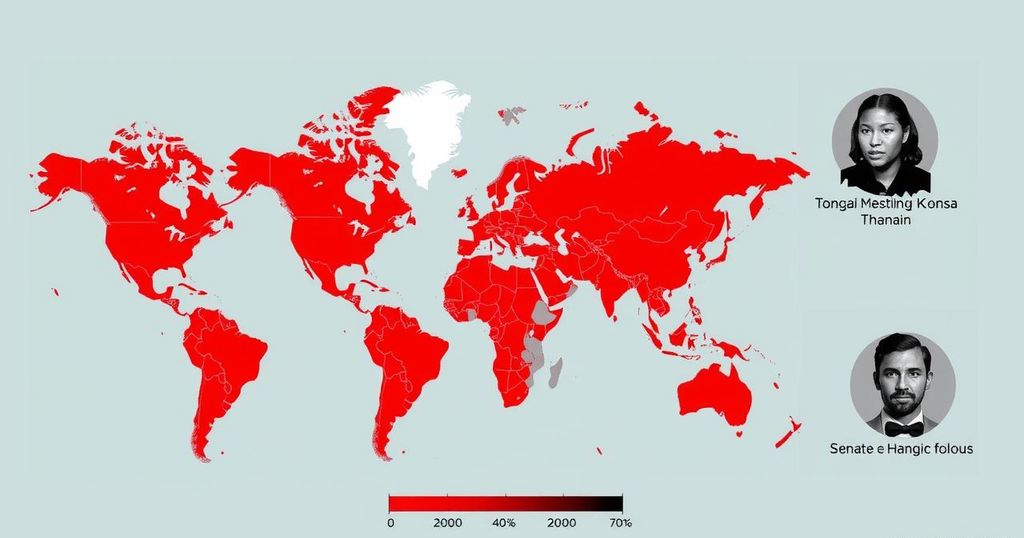Togo Reschedules Senate Elections to February 15 Amid Political Tensions
Togo’s first senatorial elections have been delayed to February 15 to facilitate better organization among political actors. Campaigning will commence on January 30, and the election is a crucial step towards enacting a new constitution, which has drawn criticism from opposition parties. Some, notably the ANC, will boycott the election, alleging it is part of a constitutional coup. The Senate, established in 2002, has yet to be operational, and concerns persist regarding the concentration of power under President Faure Gnassingbe.
Togo’s inaugural senatorial elections have been rescheduled to February 15, as per a presidential decree issued on Friday. This delay, extending the original timeline by two weeks, aims to afford political entities additional time to organize effectively. Official campaigning is set to commence on January 30. These elections represent a pivotal component of the transition towards a new constitution, which has faced significant criticism from opposition groups and civil society members. Meanwhile, several political factions have sought the postponement to enable adequate candidate registration. However, prominent opposition entities, notably the National Alliance for Change (ANC), have declared their intention to boycott, viewing the electoral process as a means of facilitating a “constitutional coup d’état.” The Senate, established through a 2002 constitutional reform, has yet to become operational. It will feature a total of 61 senators, with 41 elected by local and regional councilors, and the remainder appointed by the Council of Ministers’ president. The newly proposed constitution, which supplants the previous direct election process for the head of state with a parliamentary system, has attracted allegations of allowing President Faure Gnassingbe to maintain his grip on power indefinitely. Mr. Gnassingbe, affiliated with the ruling party, UNIR, secured 108 out of 113 parliamentary seats in the 2024 elections, further solidifying his leadership, which began in 2005 after succeeding his father, who governed for an extensive 38 years.
The context surrounding Togo’s political landscape reveals a tumultuous history marked by claims of authoritarianism and political manipulation. The establishment of a Senate was meant to be a significant development within Togo’s governance system; however, complications have arisen, reflecting a broader struggle between the ruling party and the opposition. The recent constitutional changes have prompted reactions bordering on resistance from various political sectors while underscoring concerns regarding democratic integrity and power consolidation within the presidency. The forthcoming senatorial elections are not merely an administrative step; they are emblematic of deeper societal rifts and the contentious nature of Togo’s political evolution.
In summary, the postponement of Togo’s senatorial elections to February 15 illustrates the complexities inherent in the country’s political framework. Faced with calls for better organization and candidate registration, the response has been met with both support and resistance, particularly from opposition groups. As Togo navigates this pivotal electoral chapter, the implications of the new constitution and the prevailing political climate will resonate significantly in the country’s governance and socio-political dynamics moving forward.
Original Source: www.barrons.com




Post Comment